
Fortune News | Jan 02,2021
Feb 26 , 2022.
A little over a decade ago next April, Meles Zenawi gave one of his indelible speeches from the little known valley of Guba in the Benishangul Gumuz Regional State. His administration connived with an Italian construction firm, Salini, to keep what was unfolding in location 20Km away from the Sudanese border away from public knowledge as long as it could have. The late Prime Minister was worried premature disclosure would create undue expectations and alarm adversaries such as Egypt to undermine the project before it took off.
His speech made these concerns evident when launching the Grand Ethiopian Renaissance Dam (GERD) in April 2011. Nowhere in his remarks the acronym GERD can be found as the dam's inceptive name was the Ethiopian Millennium Dam (EMD). Meles' messages were two: after centuries of ambition and active planning since Emperor Hailesellasie, the time had come for Ethiopia to demonstrate its capability to erect the largest dam in the continent it wholly pays for. But this should not come at the expense and in a complete disregard to the concerns of the downstream countries and the impact it would create on them. He declared all but malice to Sudan or Egypt.
The launching of the dam's construction had galvanised the whole country in a way no other event had ever done, bar a few fringe groups in the Diaspora. Ever since, GERD has been seen as a symbol of pride and collective determination to see it through. It was projected to be completed five years ago to generate over 5,700mw power from the 15 turbines to be installed. Almost 11 years later, belatedly and with a considerable cost run, the first turbine roared last week, generating power.
It was a milestone event. The single turbine has an installed capacity to generate power over twice that of Gilgel Gibe I and more than Tekeze's 300mw. The overall capacity of the GERD will double electricity generation when the project is completed two years later as planned.
The GERD has begun feeding into the national grid but less than the full capability of the first turbine. It also does not mean that power outages will go away anytime soon as they are caused partly due to aged transmission lines, particularly in Addis Abeba. But, eventually, having already consumed around five billion dollars, GERD will need to prove its worth. The plan is to meet domestic electricity demand and export energy to neighbouring countries to generate no less than one billion dollars annually. The dam will also transform the Benishangul-Gumuz Regional State as it will create an artificial lake twice the size of Lake Tana once the reservoir is full.
The significance of the dam could be beyond its potential in energy production and its impact on the environment and the ecology. It is also symbolic. GERD is bound to have lessons from its financing to geopolitical consequence when striving for a better future; the benefit from cooperation far outweighs the loss from confrontation. A country that has come to terms with itself, and achieves a stable state, can do wonders.
There is hardly any issue most people of various creeds and political persuasions would agree on in as much as they do with the importance of the GERD and Ethiopia’s right to equitable use of the water resources of the Nile. Take two political figures on the farthest side of the spectrum, Jawar Mohammed and Eskinder Nega. Before they were jailed in 2020, one of their last tweets was made to defend the country’s right over the dam from interference. If anything, the muckraking is about who betrayed the promises of the dam. It has served as a rallying cry in a country that desperately needs to rally for a shared cause.
Consistency has also been critical. It is one of the few projects that had been given significance across various regimes and administrations over the decades, ensuring it would one day translate from a dream. Its conception dates back to the reign of Emperor Haile Selassie when surveys were conducted, and the location was identified. It might have been locked in a dusted shelve dubbed "Project X". The ambition might have been to generate as much as 2,000mw power. But it became a fully-fledged project when the construction commenced in 2011 with a turnkey contract awarded to Salini Impregilo. The country had embraced the slogan, "We Build!"
Among the figures from that decade blessed to take a photo-op with Prime Minister Abiy Ahmed (PhD) last week were Mulatu Teshome (PhD), Hailemariam Desalegn, former president and prime minister, respectively, and Girma Birru, chief economic advisor to the Prime Minister, who was then a trade minister. It shows an inter-generational effort that could be used to emphasise that progress is not built in a fortnight. Overcoming poverty, building institutions and forging social cohesion need time and effort to realise.
A project of this size cannot be without its challenges, though. It starts from its undue and unwarranted politicisation, which has threatened to erase the significance of the GERD for shared growth. It will be to undo the symbolic purpose of the dam to claim singular credit for a project that could have only been possible through a collectively concerted effort.
No less worthy of consideration is the poor and non-transparent project implementation at different stages that have delayed the dam and went over budget. The initial project calendar is almost silly in retrospect. Early power generation was planned to start in 2014, and the GERD was to be completed three years later. Megaprojects are almost always prone to delays anywhere in the world. It could be impossible to consider every factor when planning and implementing a multi-billion dollar project, but a four-fold delay in power generation is an indictment of federal agencies' incapacity to follow up and deliver.
The current administration, and others that come after it, should also consider the consequence of personalising foreign policy over sensitive geopolitical issues such as the GERD. An ill-advised decision to bring third parties (the United States and the World Bank) into the tripartite negotiations with Sudan and Egypt may have derailed initial momentum in shaking off undue pressure. Career diplomats, who keep getting sidelined, would have not likely walked into such a mousetrap.
It does not mean that Sudan and Egypt matter no longer now that GERD has begun generating power. More than ever before, it is essential to reach a deal with these countries that is fair to all to reduce regional tension. The hardest part would be to agree on how much volume of water to release, especially during times of drought and prolonged drought. It is one of the few points of divergence where the talk remains stalled. However, the ideal deal would be to agree on water sharing with all the Nile Basin countries. A separate deal with Sudan and Egypt regardless of the volume of water Ethiopia would agree to release based on Egypt’s requirements, would be undermining the Nile Basin Cooperative Framework Agreement (CFA) initiated in 1999 by nine countries.
Meles' call to turn a new "page of cooperation and solidarity remains valid a decade later. He declared: "Let it be known to all that it [GERD] will stand as an expression of our commitment to the benefit of all the countries of the Nile Basin."
PUBLISHED ON
Feb 26,2022 [ VOL
22 , NO
1139]

Fortune News | Jan 02,2021

Fortune News | May 01,2022
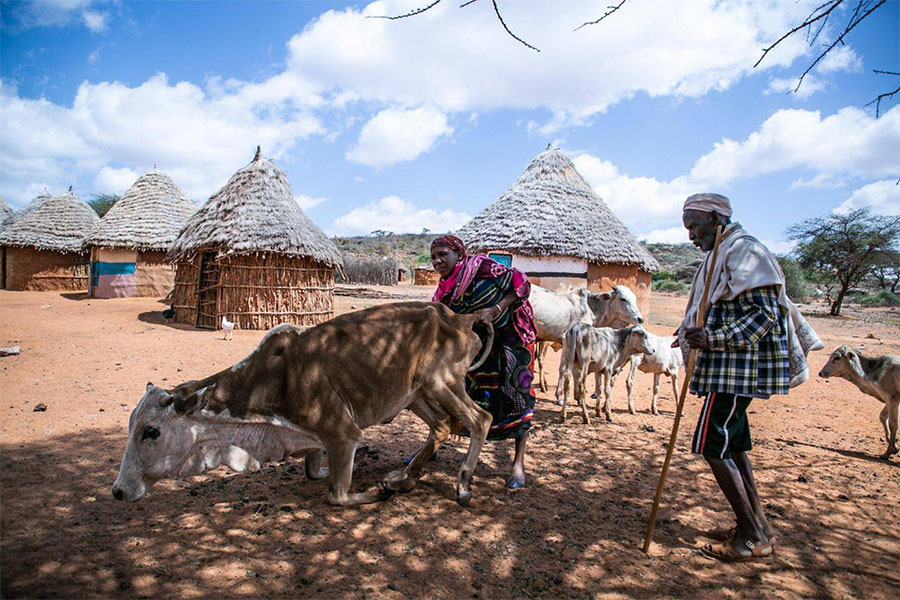
Agenda | Jan 29,2022
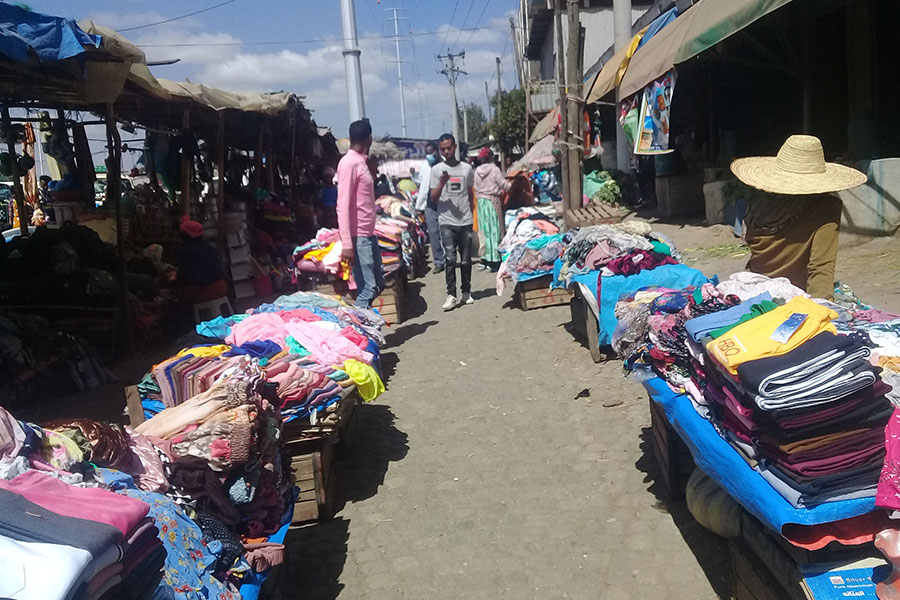
Radar | Dec 25,2021
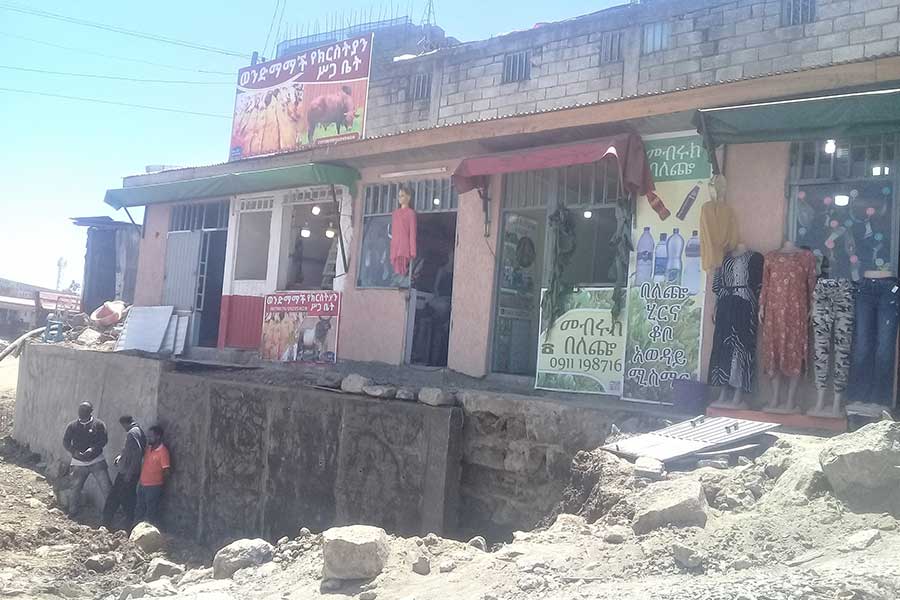
Radar | Jul 03,2021
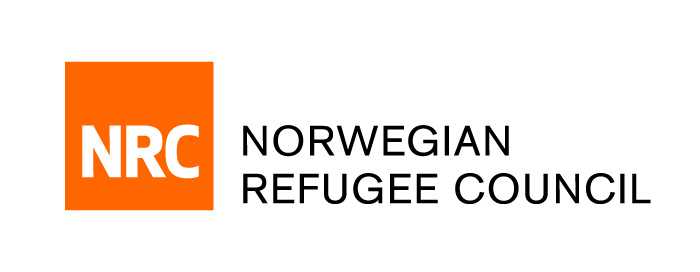
Fortune News | Jun 10,2021
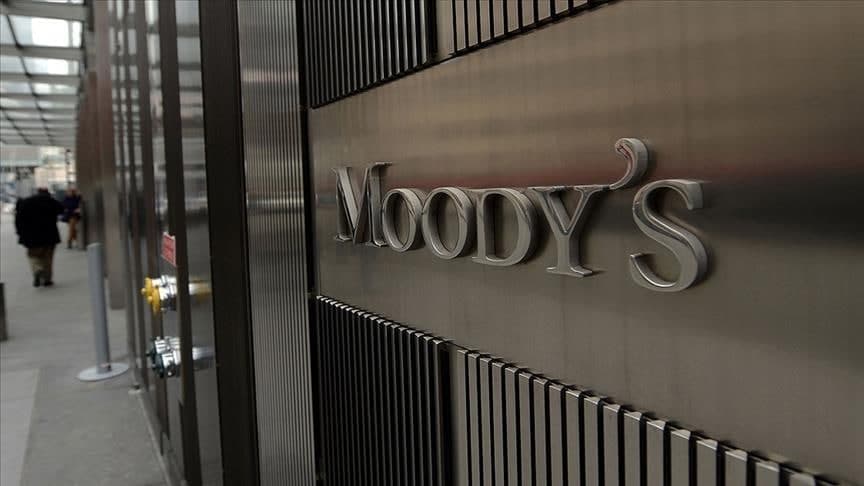
Fortune News | May 23,2021

Radar | May 23,2021
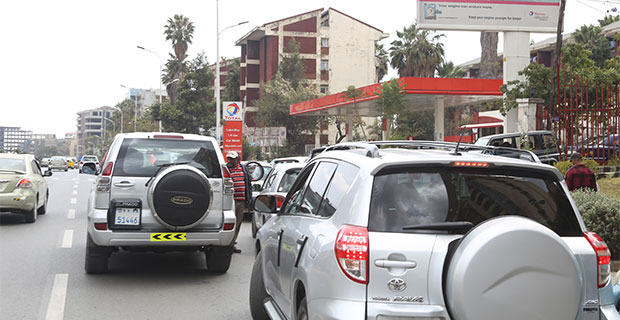
Agenda | Mar 06,2021
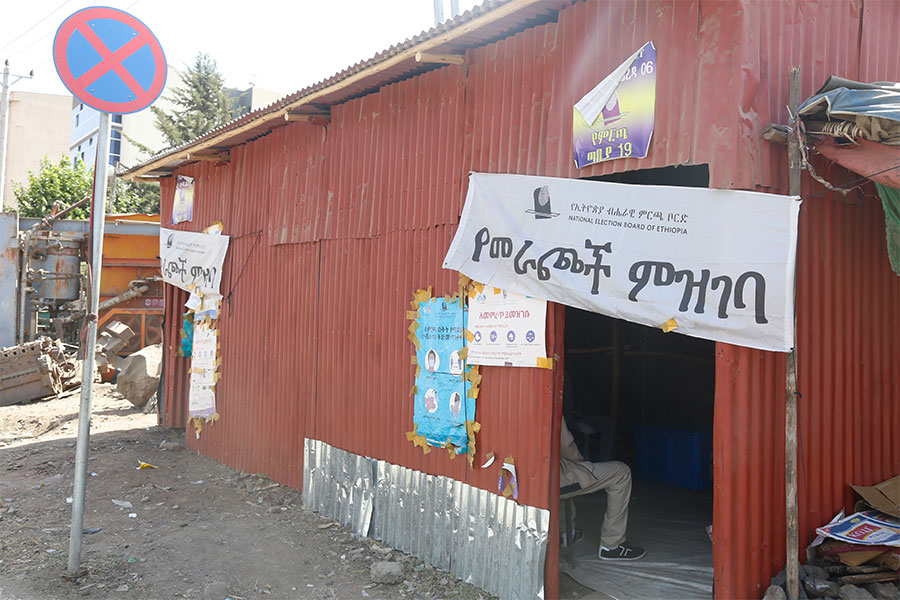
Fortune News | Apr 17,2021

Photo Gallery | 96441 Views | May 06,2019

Photo Gallery | 88695 Views | Apr 26,2019

My Opinion | 67092 Views | Aug 14,2021

Commentaries | 65737 Views | Oct 02,2021

Feb 24 , 2024 . By MUNIR SHEMSU
Abel Yeshitila, a real estate developer with a 12-year track record, finds himself unable to sell homes in his latest venture. Despite slash...

Feb 10 , 2024 . By MUNIR SHEMSU
In his last week's address to Parliament, Prime Minister Abiy Ahmed (PhD) painted a picture of an economy...

Jan 7 , 2024
In the realm of international finance and diplomacy, few cities hold the distinction that Addis Abeba doe...

Sep 30 , 2023 . By AKSAH ITALO
On a chilly morning outside Ke'Geberew Market, Yeshi Chane, a 35-year-old mother cradling her seven-month-old baby, stands amidst the throng...
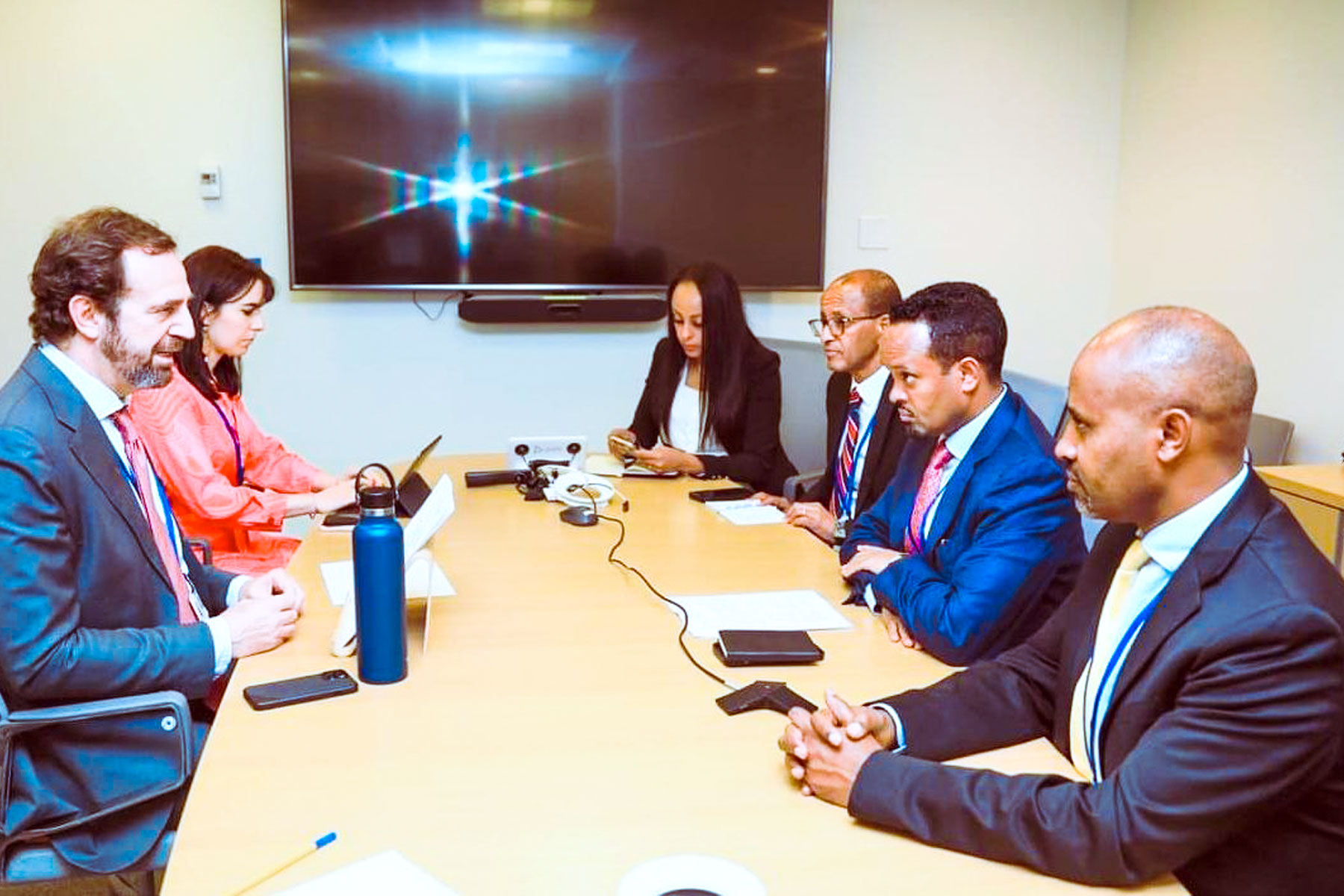
Apr 20 , 2024
Ethiopia's economic reform negotiations with the International Monetary Fund (IMF) are in their fourth round, taking place in Washington, D...
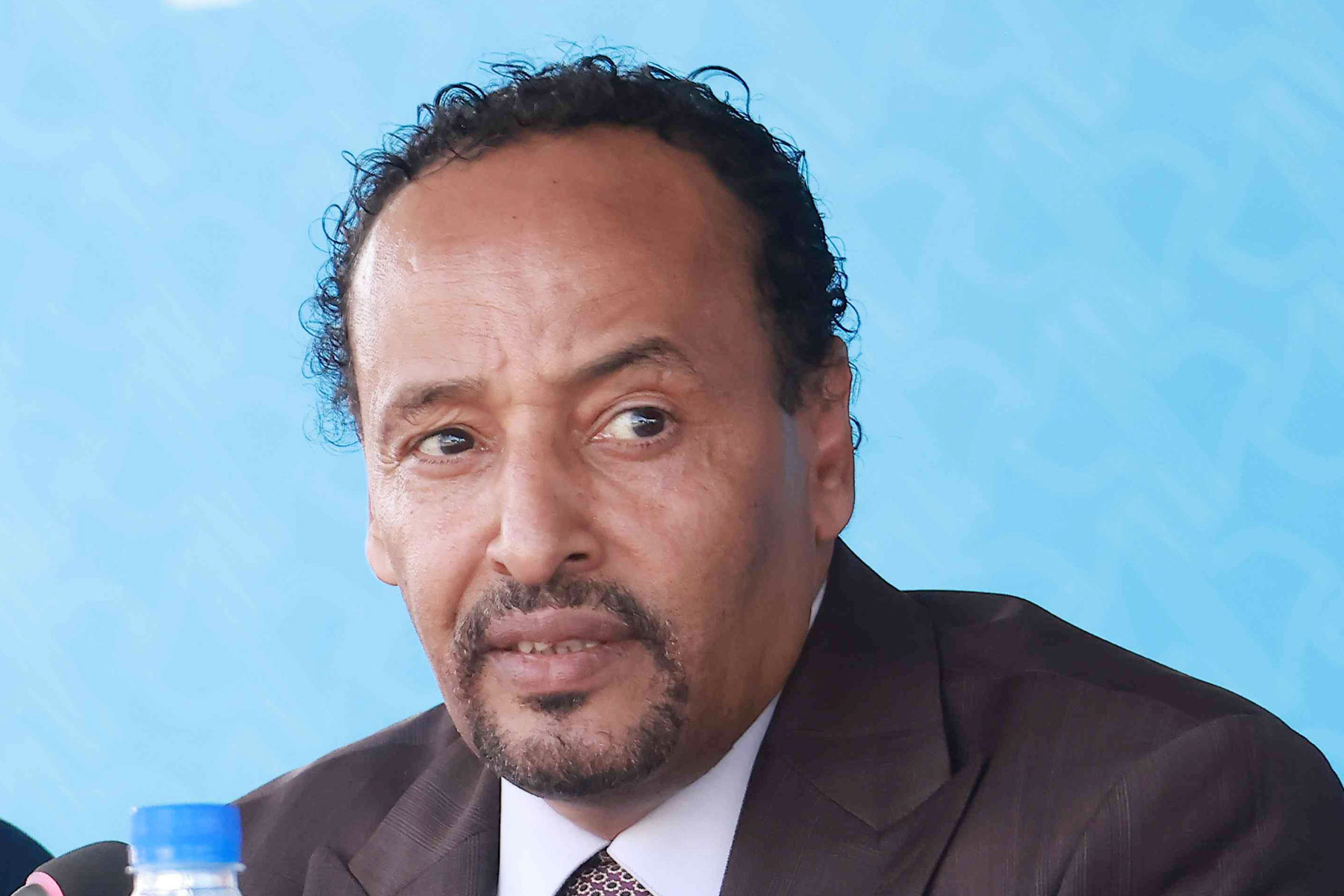
Apr 20 , 2024 . By BERSABEH GEBRE
An undercurrent of controversy surrounds the appointment of founding members of Amhara Bank after regulat...
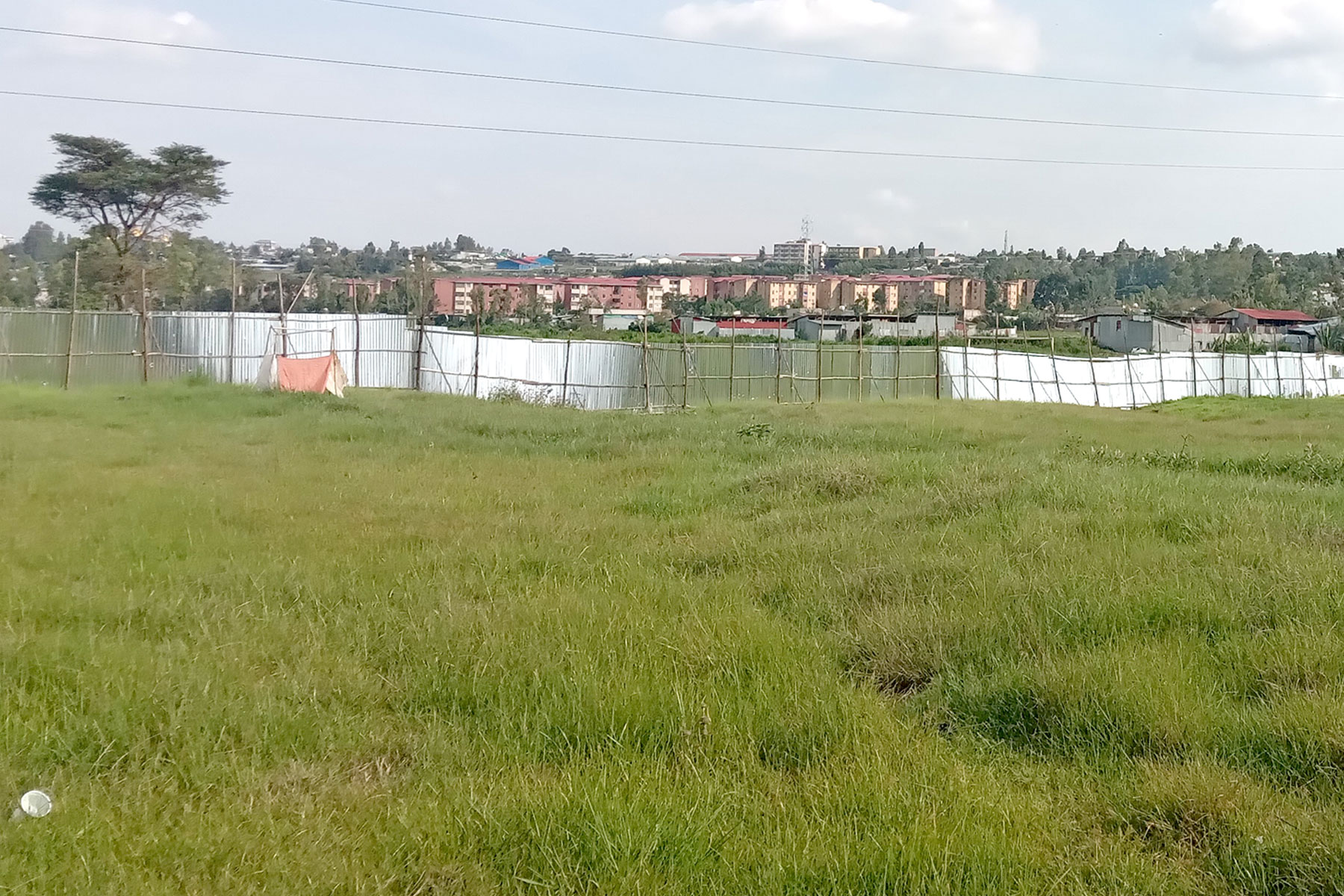
An ambitious cooperative housing initiative designed to provide thousands with affordable homes is mired...
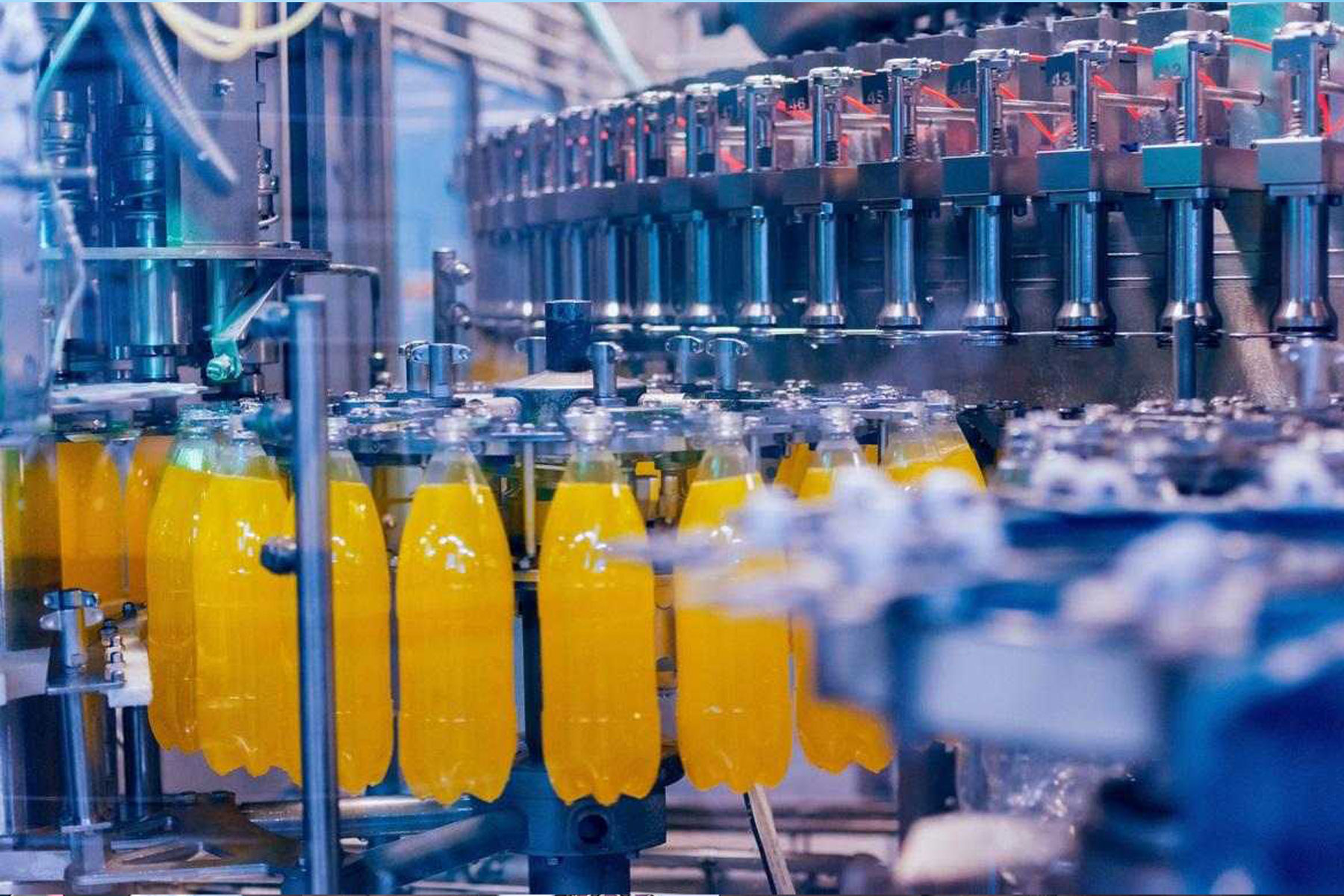
Apr 20 , 2024 . By AKSAH ITALO
Ethiopia's juice manufacturers confront formidable economic challenges following the reclassification of...